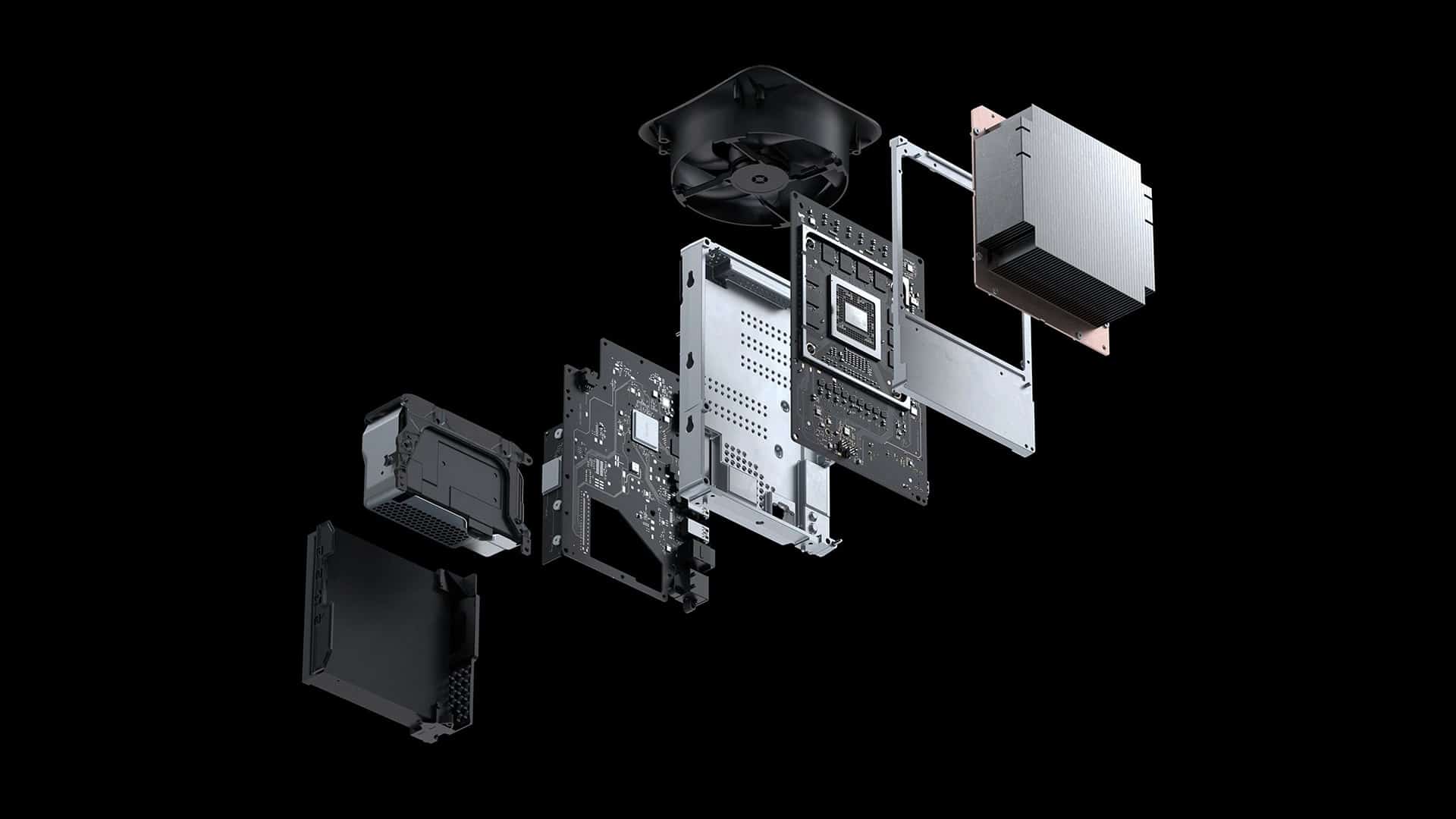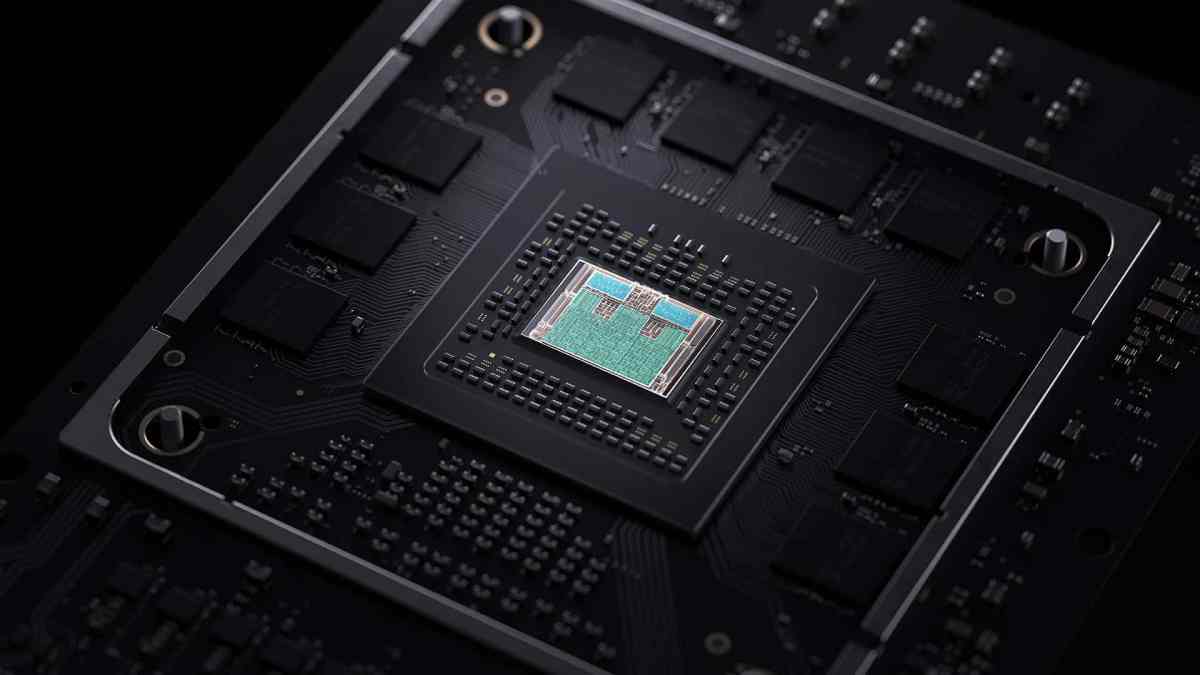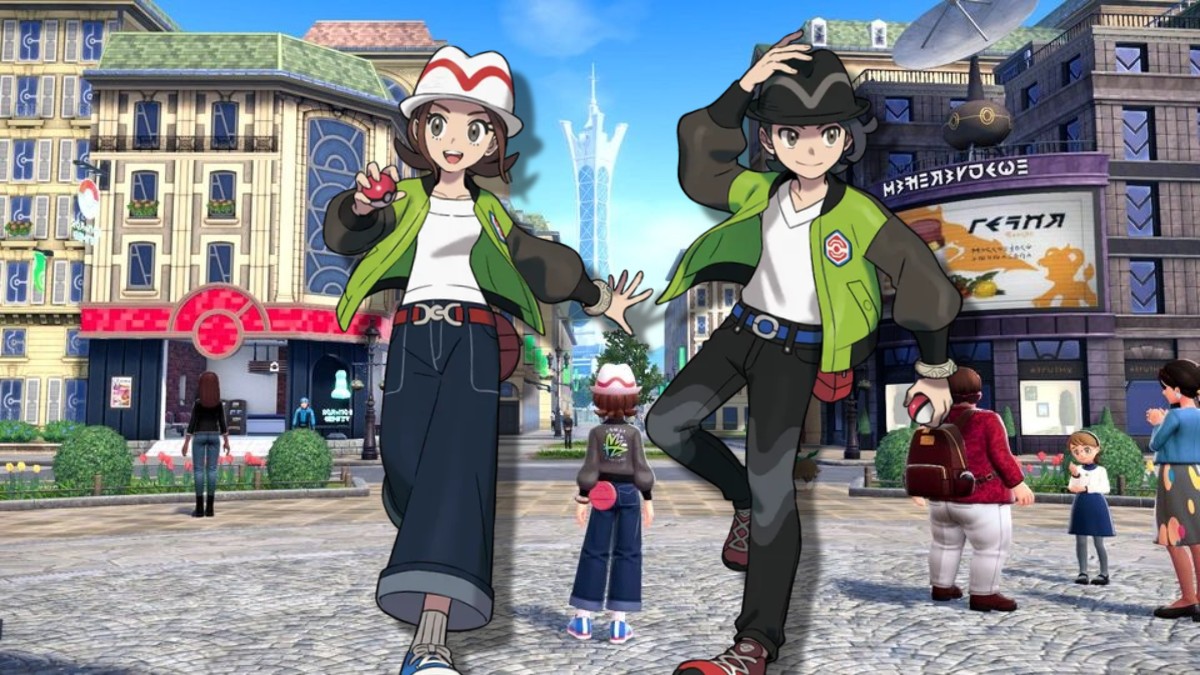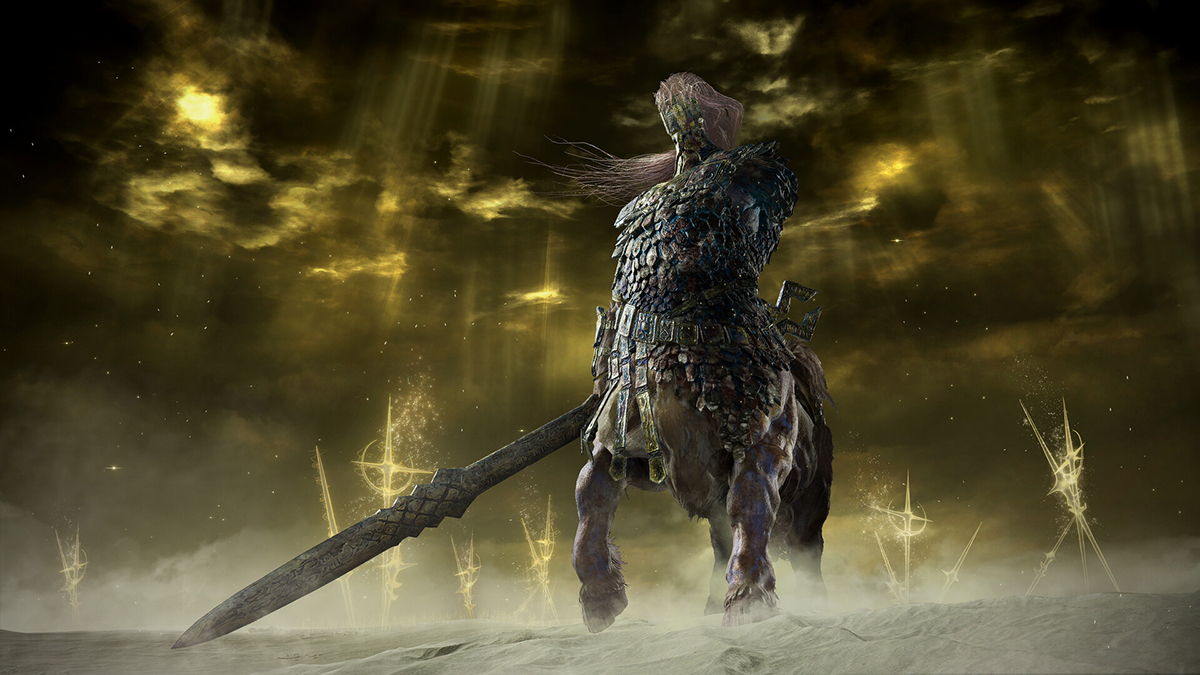While a lot of gamers were left quite impressed after Microsoft unveiled the Xbox Series X’s specs, there were also a lot of groans over one subject in particular: The console will only have one terabyte of memory, and if you want more space for playable games, then you need to purchase what Xbox is calling “Expansion Cards.” Doubling the system memory is as easy as plugging in the card to the back of the system, which is certainly easier than taking apart a system and replacing its internal hard drive. However, the issue here is proprietary memory is typically a hassle and usually overpriced when compared to the alternatives. While that is likely to be true in this case, it’s unfortunately the only option Microsoft has here.
There are a couple of notable red flags in the Xbox Series X specs, and they all relate to storage. First off, having only 1 TB of memory is clearly not enough for gaming going forward. Those that own an Xbox One X or a PlayStation 4 Pro can currently attest to the fact that a terabyte of space goes away rather quickly when games can total over 100 gigabytes. These titles aren’t going to get any smaller in the future, and with 8K support in each system’s future, textures and other game files will naturally increase in size.
The other red flag comes to the idea of having Expansion Cards. While actually plugging in the card is as easy as possible, price is a problem. Proprietary memory tends to be quite pricey as it isn’t mass produced like the MicroSD cards Nintendo Switch takes or the solid-state drives you can put in your PlayStation 4. The most recent example of proprietary memory is the PlayStation Vita’s memory cards. For just 32 GB of storage, players had to pay $119.99. Meanwhile, the same size MicroSD card costs less than $10.

We currently don’t have a price for the Expansion Cards, but it’s likely going to cost quite a bit more than standard storage solutions. Based upon the custom hardware, USgamer estimates that the price will be around $250. That’s a costly way to double the system’s memory and a purchase that a lot of people will hold off on initially as they’ll be plopping down hundreds for the system itself.
This isn’t a case of Microsoft simply price gouging, though. As those that replace a hard-disk drive with a solid-state drive know, not all memory is created equal. The Xbox Series X will use its own velocity architecture to minimize load times, use game storage to become additional memory, and give players other benefits. Simply put, the Expansion Card has to support all of that plus include a heatsink to prevent overheating. A lot of new technology is going into the design, and that is going to remain costly.
While frustrating, Microsoft doesn’t want to compromise on its vision of the Xbox Series X and wants everyone to have the same stellar experience playing games. Lengthy load times and sub-optimal performance would be a headache for any console owner, so biting the bullet with regards to price is the only real solution here. Thankfully, there is an alternative to buying one of the costly cards as games can also be stored, but not played off of, a USB drive. Portable hard drives don’t break the bank (A 2 TB portable hard drive can be picked up for around $50-$60.) and will be a great place to store the titles you’re not currently playing rather than constantly deleting and redownloading every game.
A USB hard drive isn’t the perfect solution as players will have to constantly manage what games are on their internal memory and juggle games between that and their external memory. It’s going to be an annoyance, but one that saves players hundreds of bucks potentially. None of this is ideal, but it’s all better than having the Xbox Series X exhibit lengthy load times and not feature premium performance. Plus, technology goes down in price as it progresses, so eventually these cards won’t cost an arm and this conversation will be null.














Published: Mar 17, 2020 7:13 PM UTC